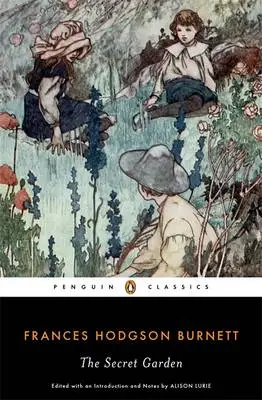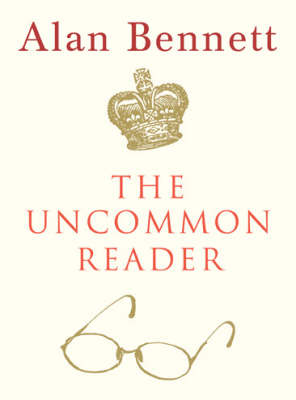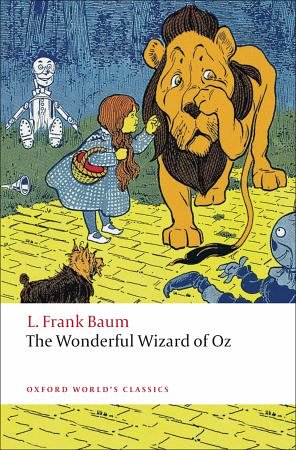 I first read this when I was eighteen for one of my university classes. I read it really, really fast and I remember that I was quite bewildered by it. Was this the same story of the passionate ‘romance’ between Heathcliff and Cathy? Romance might have been the wrong term. The second re-reading brought up so many more layers and aspects to the novel that I didn’t see before.
I first read this when I was eighteen for one of my university classes. I read it really, really fast and I remember that I was quite bewildered by it. Was this the same story of the passionate ‘romance’ between Heathcliff and Cathy? Romance might have been the wrong term. The second re-reading brought up so many more layers and aspects to the novel that I didn’t see before.
Set in the isolated Yorkshire moors, Wuthering Heights begins with Mr. Lockwood, a Londoner who have leased Thrushcross Grange to escape the hustle and bustle of city life. Lockwood comes across Wuthering Heights and is met by the rude and grimacing inhabitants of the household – Heathcliff, Catherine and Hareton along with the two grumbling servants Joseph, a religious old man, and Zillah the housemaid. When a severe snowstorm forces Lockwood to insist on staying the night at Wuthering Heights, much to the reluctance of the inhabitants who are indifferent to the safety of Lockwood, Zillah allows Lockwood to quietly stay in one of the old rooms upstairs. Lockwood finds variations of the name ‘Catherine’ scratched upon the window sill – Catherine Linton, Catherine Earnshaw, Catherine Heathcliff – and during the night Lockwood has a nightmare about a ghostly Catherine who begs him to let her in.
Once settled at Thrushcross Grange, Lockwood is told the entire story of the two doomed families who once resided in the two estates by the maid, Ellen Dean, who grew up and served at Wuthering Heights with Cathy and Heathcliff and later at the Grange. She recalls the night the elderly Mr. Earnshaw brought back an orphan he had found on the streets of London whom he later christens Heathcliff and who quickly becomes Mr. Earnshaw’s favourite. This brings friction into the household particularly between Hindley, Cathy’s elder brother, while the short-tempered Cathy and Heathcliff quickly form a passionate and fiery bond which continues into their teenage years and, really, for the rest of their lives.
During one of their ramblings on the moors, Heathcliff and Cathy come across Thrushcross Grange where Cathy in bitten by the family dog when the two are caught spying and sneaking. While she is on the mend at the Linton’s, Cathy is transformed and influenced by the Linton’s gentility. Separated from Heathcliff for the first time, Cathy realises she wants what Heathcliff could never give her while Edgar Linton can: a title and respectability. Despite the realisation, Cathy refuses to admit that she must give up Heathcliff:
‘He quite deserted! we separated!’ she exclaimed, with an accent of indignation. ‘Who is to separate us, pray? They’ll meet the fate of Milo! Not as long as I live, Ellen – for no mortal creature. Every Linton on the face of the earth might melt into nothing, before I could consent to forsake Heathcliff. Oh, that’s not what I intend – that’s not what I mean! I shouldn’t be Mrs. Linton were such a price demanded! … Nelly, I see now, you think me a selfish wretch, but, did it never strike you that, if Heathcliff and I married, we should be beggars? whereas, if I marry Linton, I can aid Heathcliff to rise, and place him out of my brother’s power.’
‘With your husband’s money, Miss Catherine?’ I asked. ‘You’ll find him not so pliable as you calculate upon: and, though I’m hardly a judge, I think that’s the worst motive you’ve given yet for being the wife of young Linton.’ – p. 82
Heathcliff overhears most of the exchange between Cathy and Ellen and leaves Wuthering Heights, returning suddenly several years later a more confident and wealthier man with only revenge set in his mind against the Lintons and Hindley. Meanwhile, Cathy has married Edgar and is the restless mistress of Thrushcross Grange who becomes torn between her husband and Heathcliff when he returns, driving herself to sickness and madness. Cathy dies an untimely death leaving Heathcliff in anguish and despair, crying out one of the most romantic and passionate monologues I’ve ever read:
‘May she wake in torment! he cried, with frightful vehemence, stamping his foot, and groaning in a sudden paroxysm of ungovernable passion. ‘Why, she’s a liar to the end! Where is she? Not there – not in heaven – not perished – where? Oh! you said you cared nothing for my sufferings! And I pray one prayer – I repeat it till my tongue stiffens – Catherine Earnshaw, may you not rest, as long as I am living! You said I killed you – haunt me, then! The murdered do haunt their murderers. I believe – I know that ghosts have wandered on earth. Be with me always – take any form – drive me mad! only do not leave me in this abyss, where I cannot find you! Oh, God! it is unutterable! I cannnot live without my life. I cannot live without my soul!’ – p. 169
Despite his almost psychotic passion towards Cathy, Heathcliff holds no mercy for the second generation of the Lintons and Earnshaws including Cathy’s own daughter, Catherine, and carries on his plan for revenge.
Throughout the story, I found almost all the characters unlikeable – Cathy hot-headed and selfish and Heathcliff brutish, violent and misanthropic. Each had very few redeeming qualities. The whole area of Wuthering Heighs and Thrushcross Grange is so isolated that we don’t hear about or from anybody from the outside except Mr. Lockwood. It is such an insular community and the slightly incestuous relationships between the two families that it made me ask who did Cathy want to impress by marrying Edgar and gaining a title?
The second reading of Wuthering Heights was well worth it. Joseph ‘s Yorkshire accent still frustrated me because of the constant flipping back and forth for the translation but it was only for a small portion. With such unusual characters (and names) and such an unconventional passionate relationship, it leaves you slightly boggled. I wonder if Emily Bronte ever experienced such a passionate and brutish relationship.






